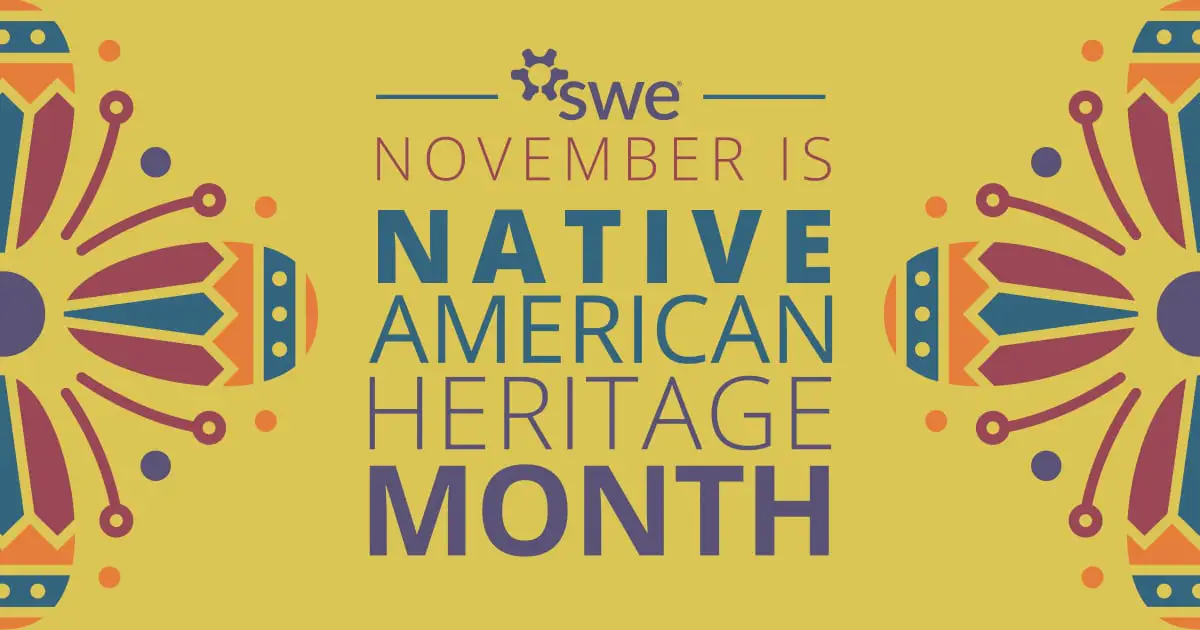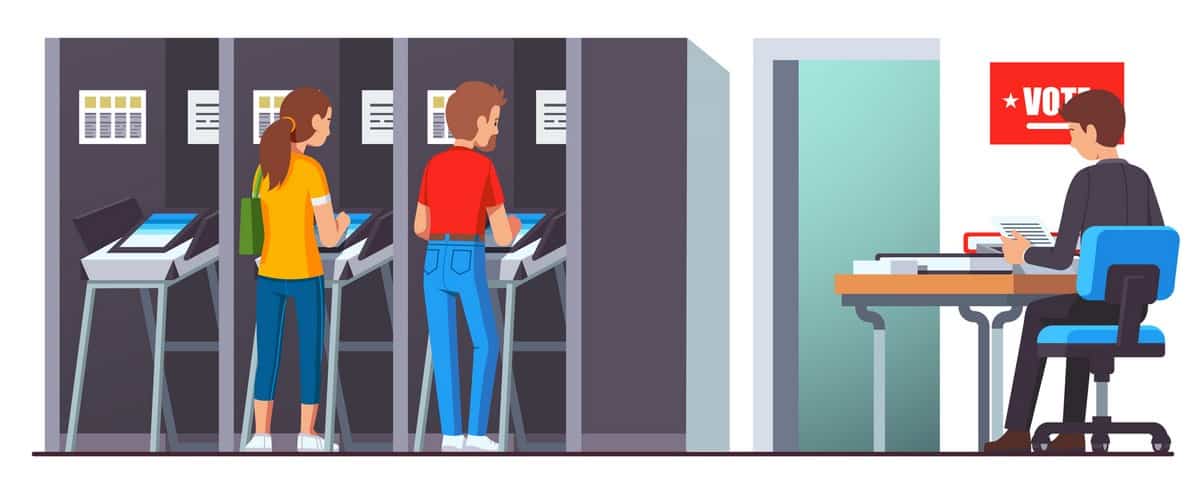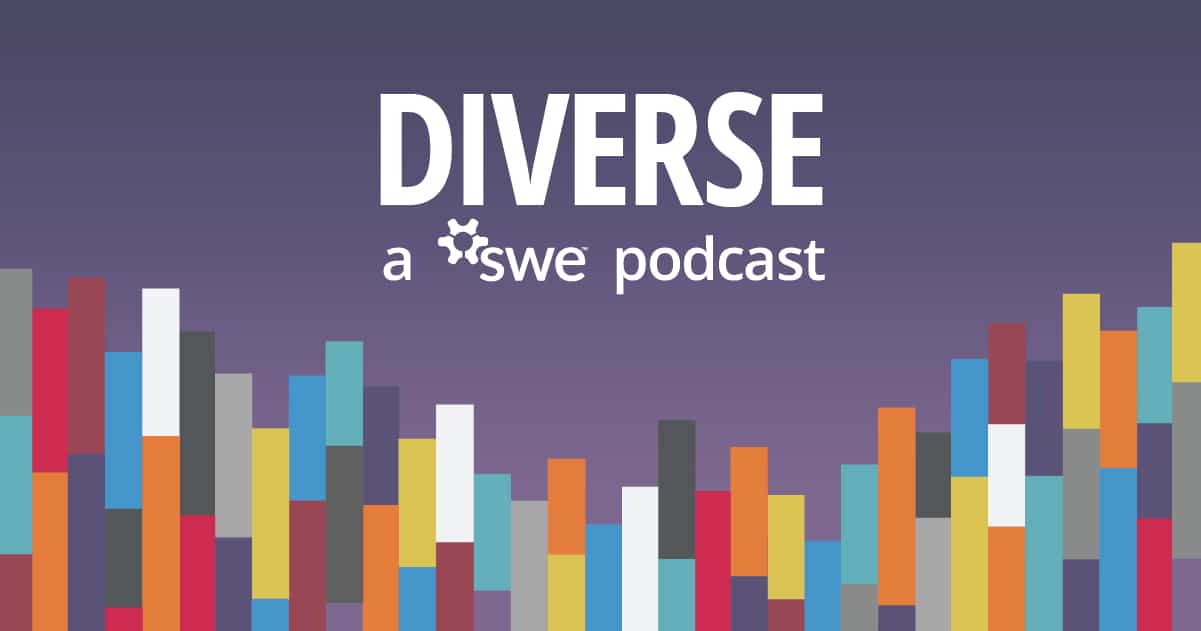Every day the more becomes more interconnected through various networks, most of them being online. The internet plays a vital role in our daily lives, and staying online and available through the internet is almost a requirement in this technical era. Internet connectivity allows for communication and entertainment across time and space, and for work and education to be accessible online.
However, this connectivity does come with a significant risk to your privacy and security. Luckily, there are options available to protect yourself online, including using a Virtual Private Network, also known as a VPN, which is a way to protect yourself from online threats.
VPN – a gamechanger in cybersecurity
Image: DIW-Aigen
The way a VPN works is quite basic. Imagine a tunnel which protects you from any activities outside the tunnel. In the same way, a VPN creates a tunnel which is secure and encrypted. This tunnel connects your device with the internet, by rerouting your internet traffic through a remote server. This remote server masks your IP address, resulting in making your online activities almost untraceable. This process protects your data from potential hackers. Furthermore, it ensures that your privacy is protected from surveillance by Internet Service Providers, also known as ISPs, and government agencies.
A VPN enhances online privacy
Privacy is a fundamental human right. However, this right is constantly under threat in the digital age from vicious hackers. Tracking is everywhere: Every click, search, and website visit can be tracked, logged, and analyzed by various entities. Both ISPs, advertisers, and cybercriminals can monitor your behavior online, and based on this data they can build profiles that can be used for targeted advertising. In some cases, it can also be used for more vicious purposes.
With a VPN, you can shield your online activities from all these prying eyes. A VPN masks your IP address and encrypts your data, which ensures that your browsing history, personal information, and communications continues to remain private. This type of privacy is especially crucial to have when you use public Wi-Fi networks, which are known to be hubs for hackers.
Safeguard your personal and sensitive data
Cybersecurity threats are omnipresent. There are so many methods hackers use to intercept data. These methods includes phishing, malware, and man-in-the-middle attacks. Such methods are especially prevalent in public Wi-Fi networks, in which data is most of the time transmitted without encryption.
It is almost impossible for hackers to decipher your data, since a VPN can encrypt your internet traffic. Even if a hacker manages to intercept your data, it will be almost impossible to decipher the data. In this why you are safeguarding sensitive information, such as your banking details, login credentials, and personal communication.
Geographic restrictions and censorship
As of today, the internet is unfortunately not equally accessible to everyone. There are many websites and online services which use geo-restrictions. This is a function which limits online access of content of sites based on where you are located. For example, many streaming platforms offer different content libraries in different regions, and certain websites may be entirely inaccessible from specific countries.
This is why VPN has become a crucial factor in ensuring equal access to the internet worldwide. A VPN bypasses geo-restrictions, because the IP address is masked. Due to this function, it will appear as if you are browsing from a different location than you are. This gives you access to a broader range of content, while it allows individuals in strict regimes to work around stringent internet censorship. If you are in a country with a restrictive regime, you can use a VPN to access social media, news websites, and other online services that might otherwise be blocked.
Protect your anonymity
Being anonymous online is becoming harder. Websites and online services collect big amounts of data about their users, sometimes without explicit consent. This type of data collection can lead to invasive targeted advertising, and in some cases even identify theft.
With a VPN, your anonymity is protected by masking your IP address and encrypting your internet traffic. The protection from a VPN means that websites and online services can’t easily track your online activities, and if they can, it is hard for them to link it back to you.
VPNs improve the online security
VPNs do not only protect your privacy and data. A VPN can enhance your overall online security, since many VPN services offer additional security features. These include malware protection, ad-blocking, and firewall functionality. All of these features provide an added layer of defense against cyber threats, which ensures that your device and data remain secure.
A VPN also protects against Distributed Denial of Service attacks, also known as DDoS attacks. These attacks are commonly used to disrupt online activities such as gaming or streaming. Since the VPN masks your IP address, it is harder for attackers to target you with a DDoS attack.
Ensure safe remote work for your company
Many companies have seen an increase in remote work, and to smoothly allow this setup, VPNs are indispensable tools for companies. Since most remote workers need access to company networks and sensitive information from various locations and various sources of internet, safety measures are crucial.
A VPN ensures that all the data transmitted between remote workers and the company network is encrypted and secure. This will prevent unauthorized access, while it protects sensitive business information from being intercepted by criminals.











